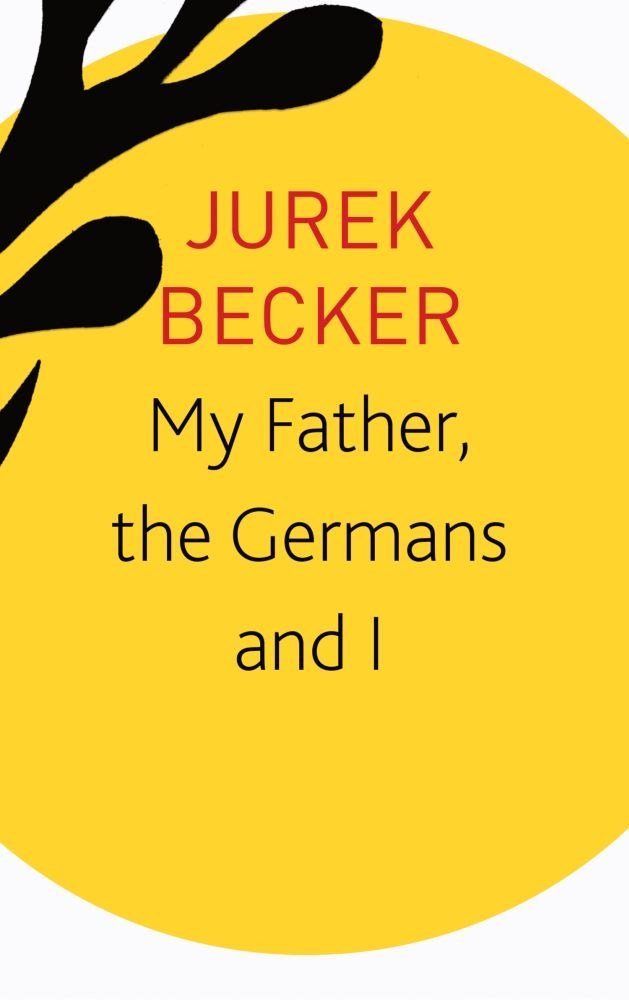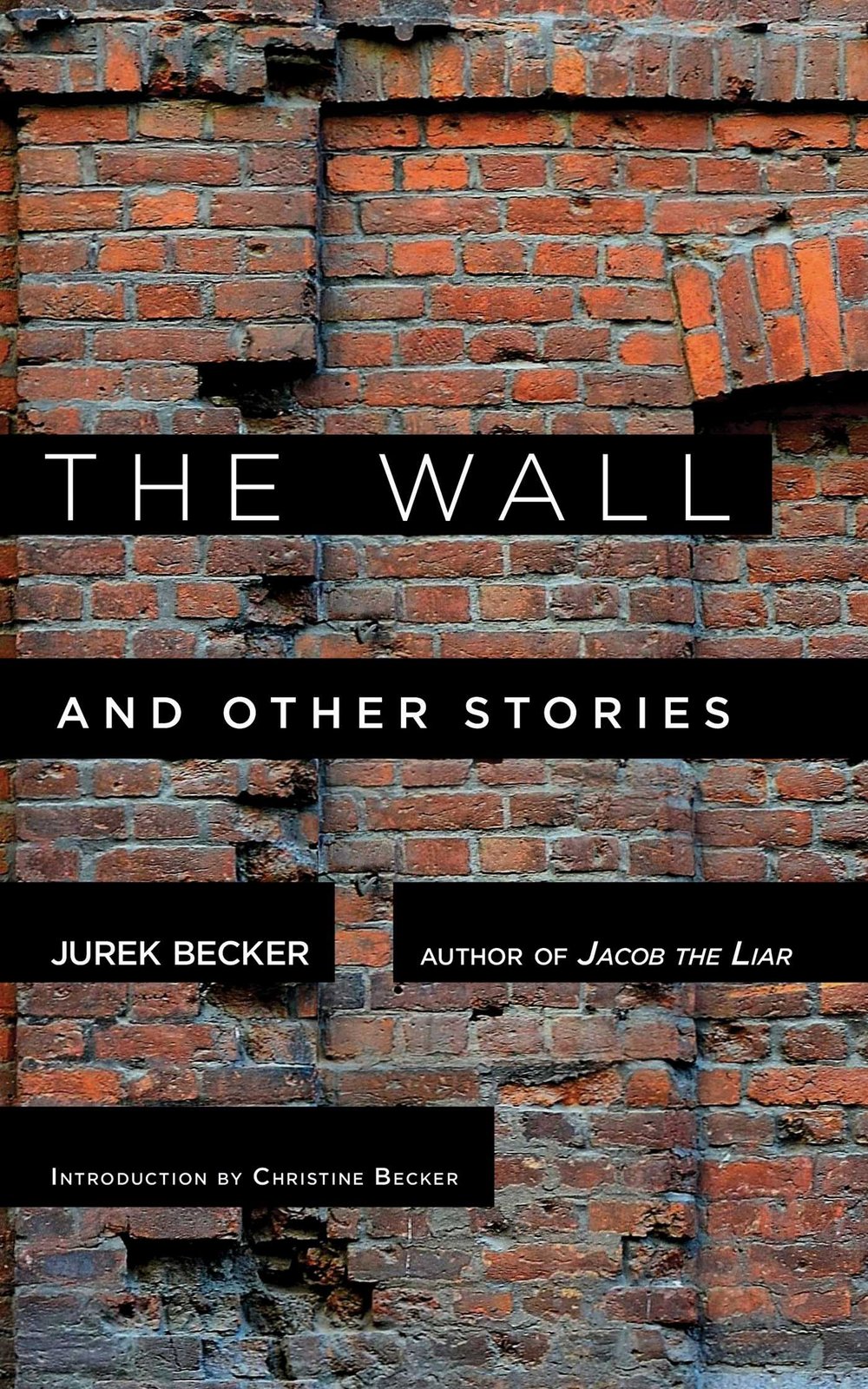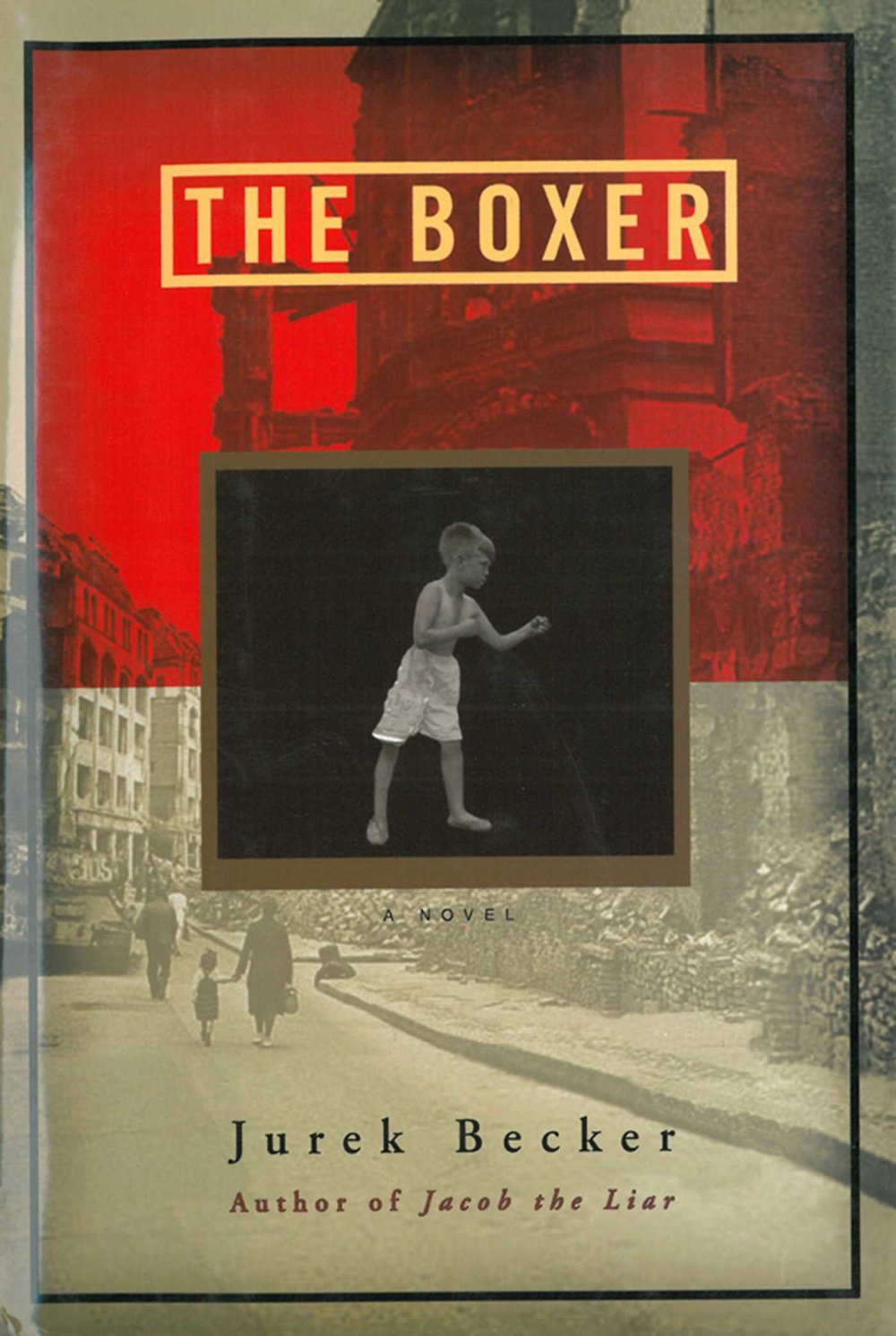My Father, the Germans and I

Jürek Becker (1937–97) is best known for his novel Jacob the Liar, which follows the life of a man, who, like Becker, lived in the Lódz ghetto during the German occupation of Poland in World War II. Throughout his career, Becker also wrote nonfiction, and the essays, lectures, and interviews collected in My Father, the Germans and I share a common thread in that they each speak to Becker’s interactions with and opinions on the social, political, and cultural conditions of twentieth-century Germany.
Becker, who had lived in both German states and in unified Germany, was passionately and humorously active in the political debates of his time. Becker never directly aligned himself with either the political ideology of East Germany or the capitalist market forces of West Germany. The remains of fascism in postwar Germany, and the demise of Socialism, as well as racism and xenophobic violence, were topics that perpetually interested Becker. However, his writings, as evidenced in this collection, were never pedantic, but always entertaining, retaining the sense of humor that made his novels so admired.
My Father, the Germans and I gives expression to an exceptional author’s perception of himself and the world and to his tireless attempt to bring his own unique tone of linguistic brevity, irony, and balance to German relations.

Jürek Becker (1937-1997) was a Holocaust survivor and one of the few novelists of Jewish heritage in post-World War II Germany. He was the author of many acclaimed novels, including Jacob the Liar, Sleepless Days, and Bronstein's Children.
Christine Becker grew up in a notable German publishing family and studied German literature and publishing at the Freie University in Berlin. In 2004, Becker edited the published collection of letters written by her husband between 1969-96, entitled Your Nonpareils, followed bya collection of essays, interviews and lectures, entitled My Father, the Germans and I, in 2007; both are published by Suhrkamp. She lives in Berlin.



